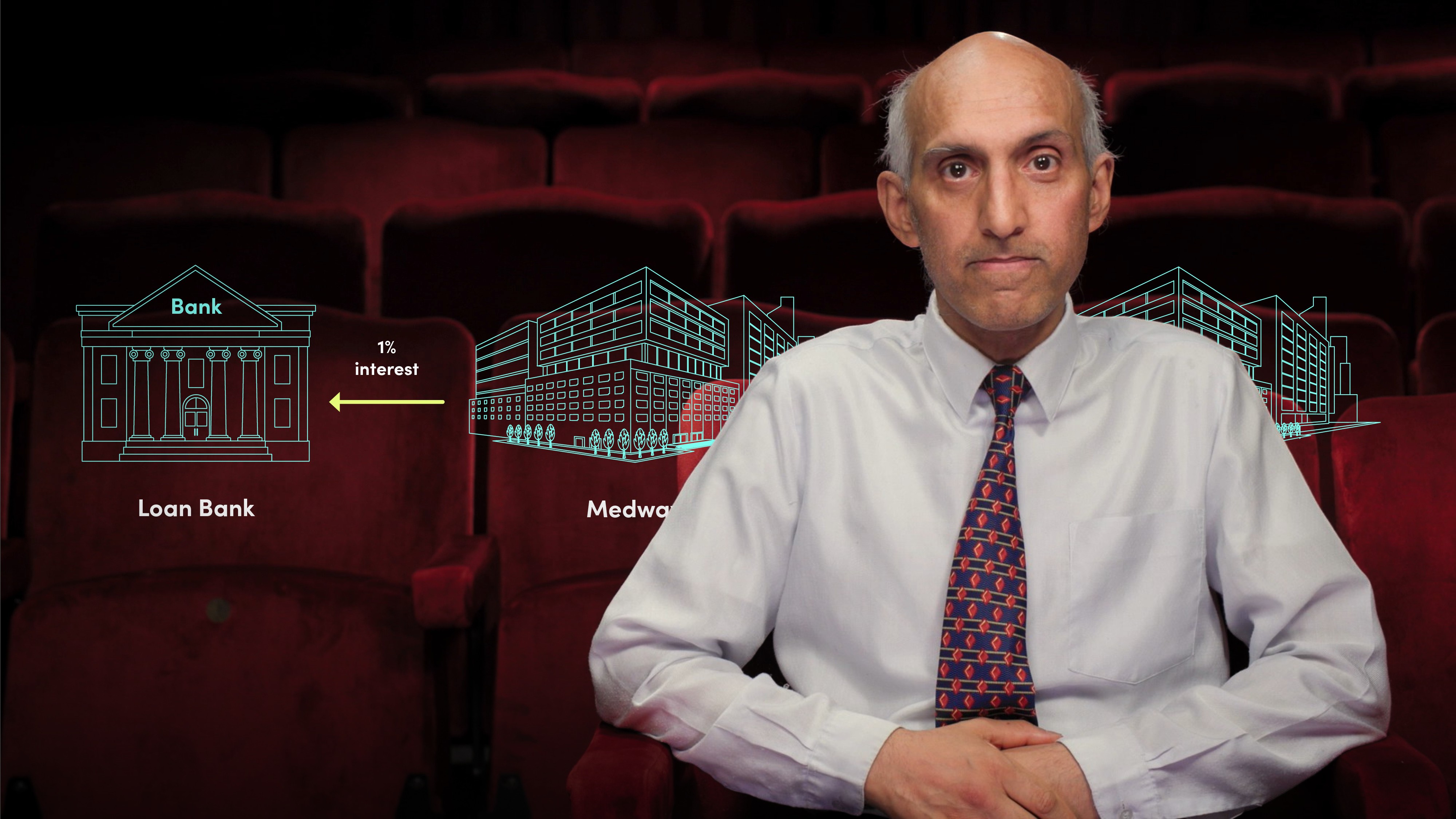
Introduction to Forward Rate Agreements and Their Uses

Permjit Singh
25 years: Corporate treasury
In this video, Permjit covers the use of a financial instrument called a Forward Rate Agreement to manage interest rate risk.
In this video, Permjit covers the use of a financial instrument called a Forward Rate Agreement to manage interest rate risk.
Subscribe to watch
Access this and all of the content on our platform by signing up for a 7-day free trial.

Introduction to Forward Rate Agreements and Their Uses
11 mins 30 secs
Key learning objectives:
What is interest rate risk?
Understand what is a Forward rate agreement
Understand how to use a forward rate agreement to manage interest rate risk
Overview:
Forward rate agreements can be used to protect borrowers and lenders against interest rates moving too high or too low.
Subscribe to watch
Access this and all of the content on our platform by signing up for a 7-day free trial.
What is interest rate risk?
Interest rate risk is the adverse effect on a company’s operations as a result of it either paying too much or receiving too little interest.
How to use a forward rate agreement to manage interest rate risk?
Let’s pretend we have a company, and we’ll call it Medway PLC. Medway has a bank loan on which it pays a floating rate of interest based on SOFR, the Secured Overnight Financing Rate. SOFR is intended to replace the use of LIBOR, and is a US dollar variable market rate.
Assume today is 30 August and Medway needs to borrow $5 million from its bank on 30 Nov for 6 months. SOFR for 6 months is currently 8% per annum. Medway is concerned that the US Federal Reserve will raise market interest rates.
If SOFR reaches 11%, Medway’s extra interest cost will significantly reduce its profit margin which is the difference between its income and its expenses from its operations. Paying too much interest could also mean Medway has insufficient cash to pay for its current liabilities such as salaries and taxes which would put it under financial distress.
To protect against the adverse effects of a rise in SOFR, Medway decides to buy a FRA from its bank. FRA is a fixed rate that Medway wishes to pay instead of the floating rate based on SOFR.
Medway's FRA bank quotes it a price for a “three versus nine” FRA. This quote means a FRA that begins in 3 months and ends in 9 months, from today, the 30th of August. Two rates are shown because some of the bank's customers want to protect against rates rising and others against rates falling. Because banks want to maximise their income, and because Medway will be borrowing money not investing it, the bank will charge Medway a FRA rate of 8.5% not 8% per annum.
Subscribe to watch
Access this and all of the content on our platform by signing up for a 7-day free trial.

Permjit Singh
There are no available Videos from "Permjit Singh"



























